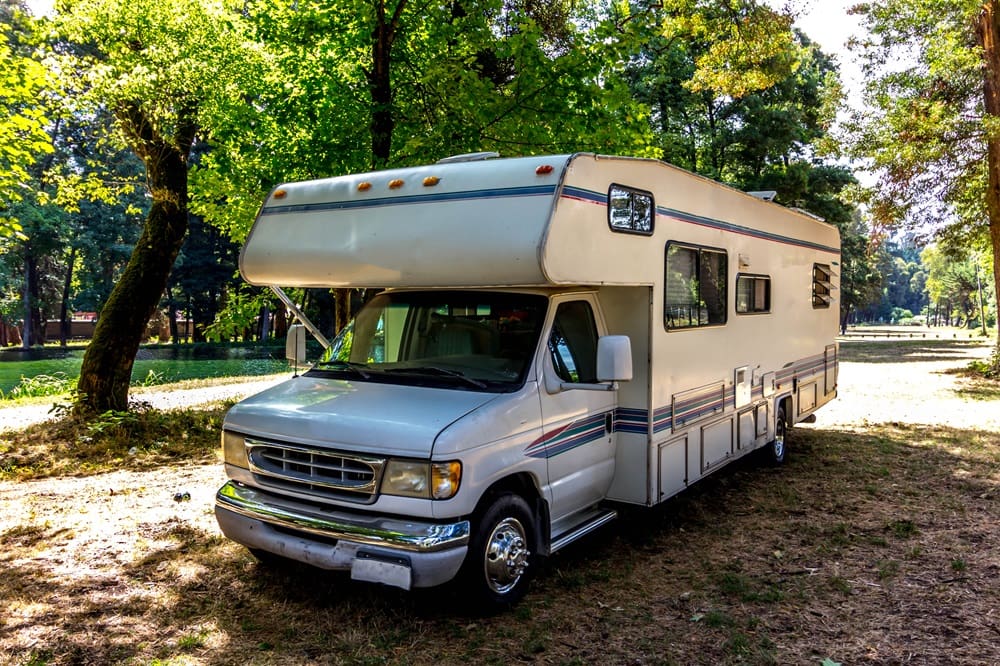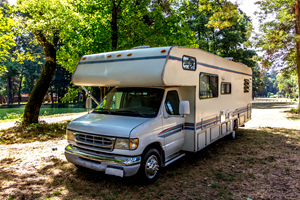
Understanding Storage Insurance for Unused RVs
Your recreational vehicle (RV) can provide you with many opportunities to take adventures across the continent without worrying about lodging, yet offering many comforts of home. However, campers, motorhomes and trailers represent significant financial investments that must be adequately protected. Furthermore, these large vehicles may be subject to many risks and perils that could easily inflict extensive damage and substantial financial losses. Even while your RV is parked or temporarily decommissioned, such as during winter or between road trips, maintaining insurance should be top of mind. 
Why Do I Need Insurance If I’m Not Driving My RV?
Like other tangible assets, your RV may still be affected by various incidents and perils, regardless of whether it may be stationary or in storage. Having adequate insurance for your vehicle during these times can play a critical role in protecting it from the financial ramifications of the following:
- Theft
- Vandalism
- Accidents
- Falling objects (e.g., tree limbs and rocks)
- Fires
- Severe weather (e.g., hail and floods)
What Insurance Is Available for Stationary RVs?
You may be able to adjust your RV insurance coverage during times when you don’t plan to take it out on the road. Storage-only RV insurance is a type of coverage that provides financial protections similar to comprehensive coverage, which is a common component of standard RV policies. As such, you and your stored vehicle can be financially protected from noncollision incidents, such as fires, theft, vandalism, weather perils and damage caused by animals.
In addition to storage-only RV insurance, you may also want to retain collision coverage even though you do not intend to drive your vehicle. This may be necessary due to the inherent risk that someone else could strike your vehicle and cause damage. For example, even if you store your RV in a secure and covered garage, someone else may scrape or ding your vehicle while maneuvering their own. If this driver fails to notice the damage or leaves the scene without notifying you, you could face significant out-of-pocket expenses.
If you plan to park your vehicle at a campsite or RV park for an extended period of time between trips, you may also want to consider vacation and campsite liability coverage. Even while parked, you could be found responsible for other parties’ losses inside or near your vehicle. Fortunately, adequate liability coverage can help pay for losses and expenses, such as medical bills and legal costs.
Get the Right Coverage
At Smith & Associates Inc, we have over 25 years of experience serving motorists, families and businesses. Our dedicated staff will work with you to ensure that you and your RV are always adequately covered. Contact us today to learn more.
This blog is intended for informational and educational use only. It is not exhaustive and should not be construed as legal advice. Please contact your insurance professional for further information.
Categories: RV Insurance
